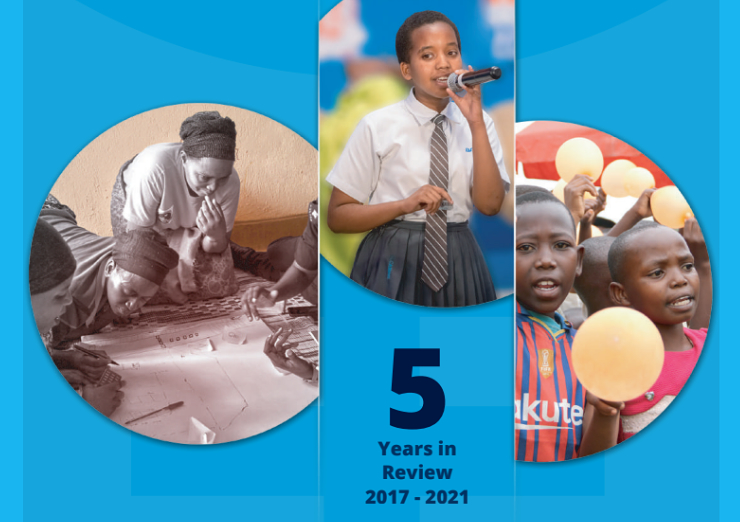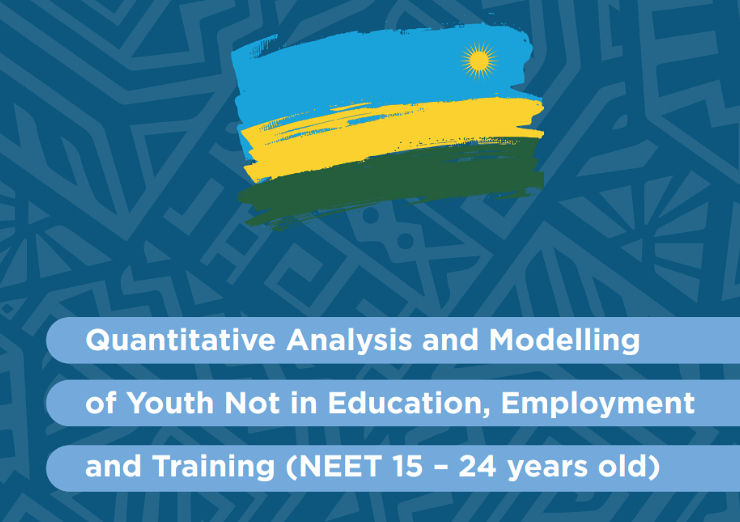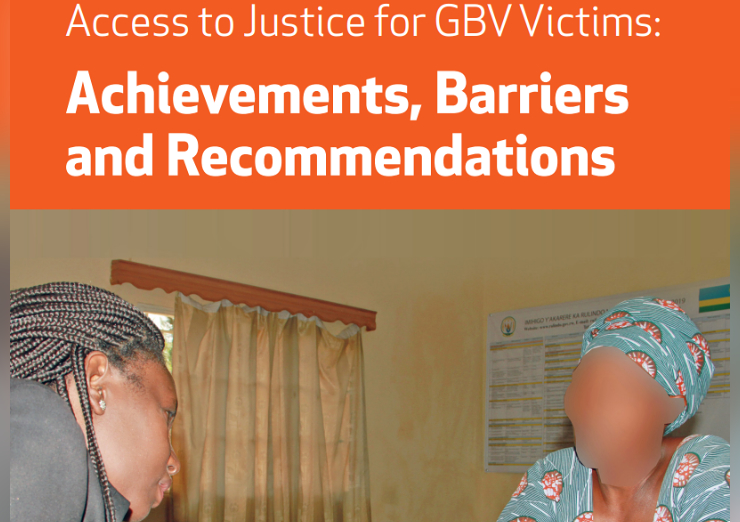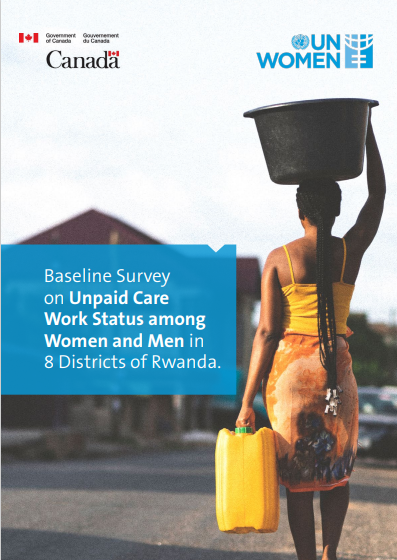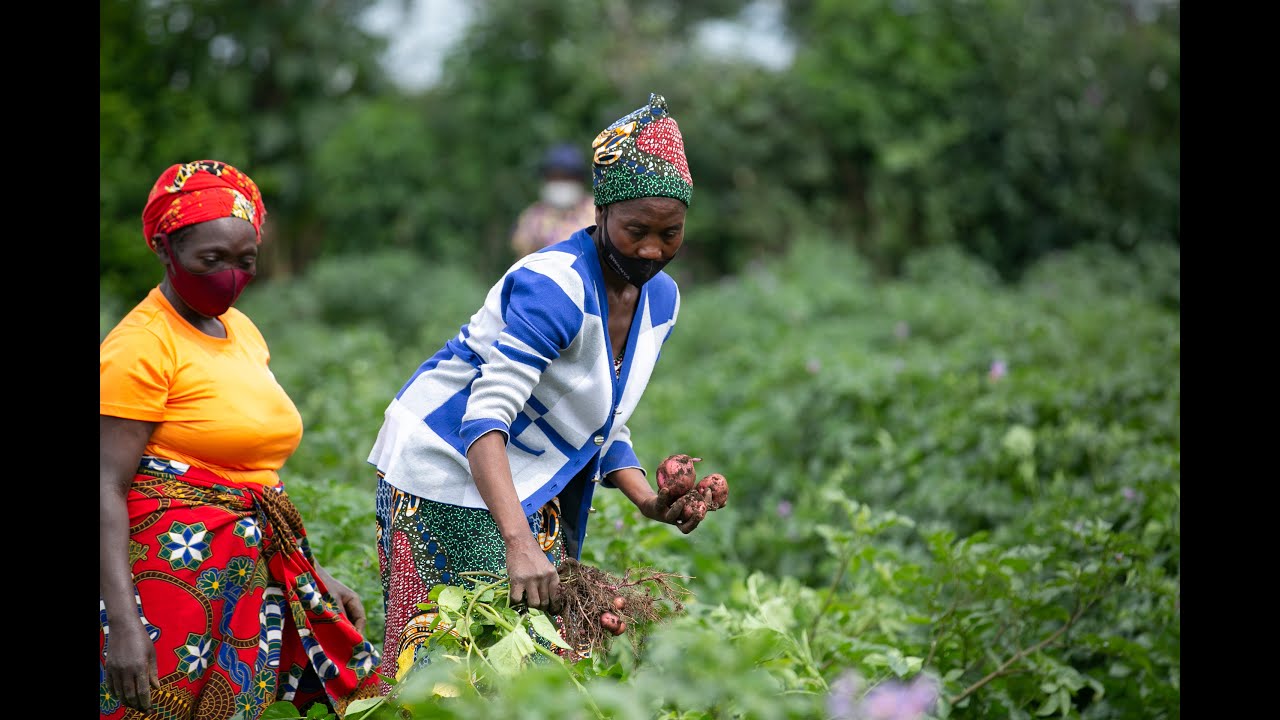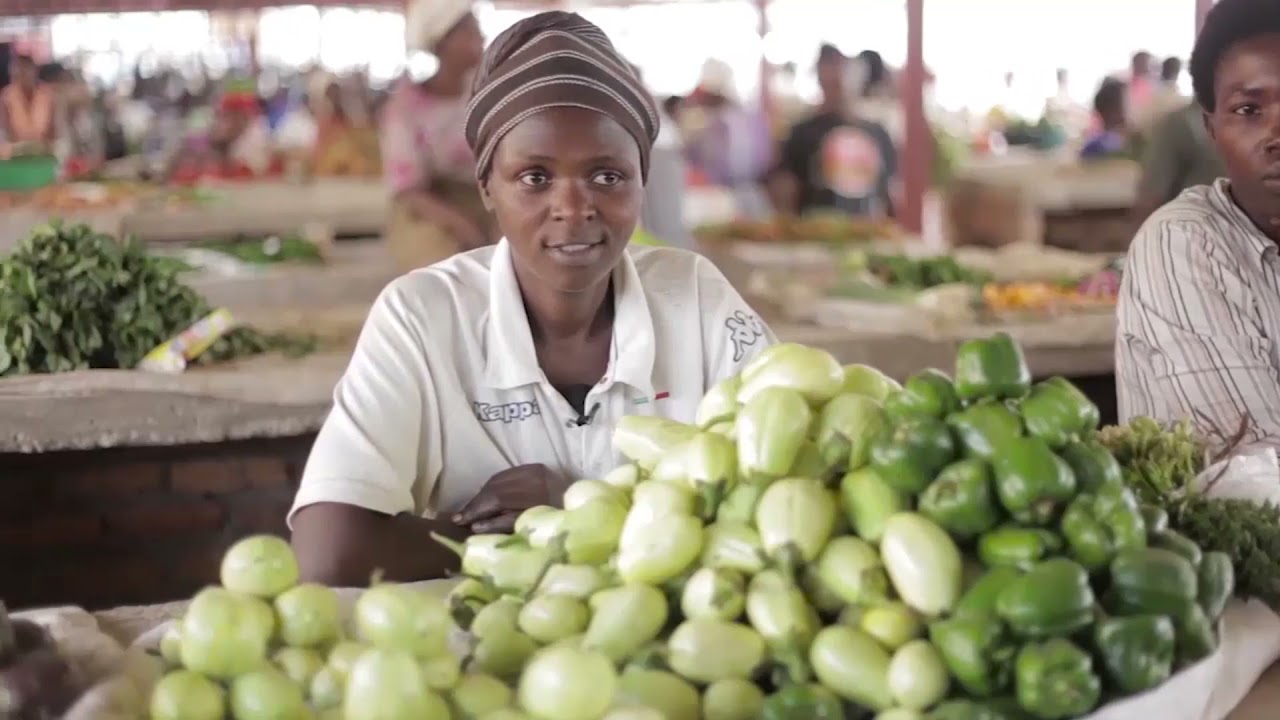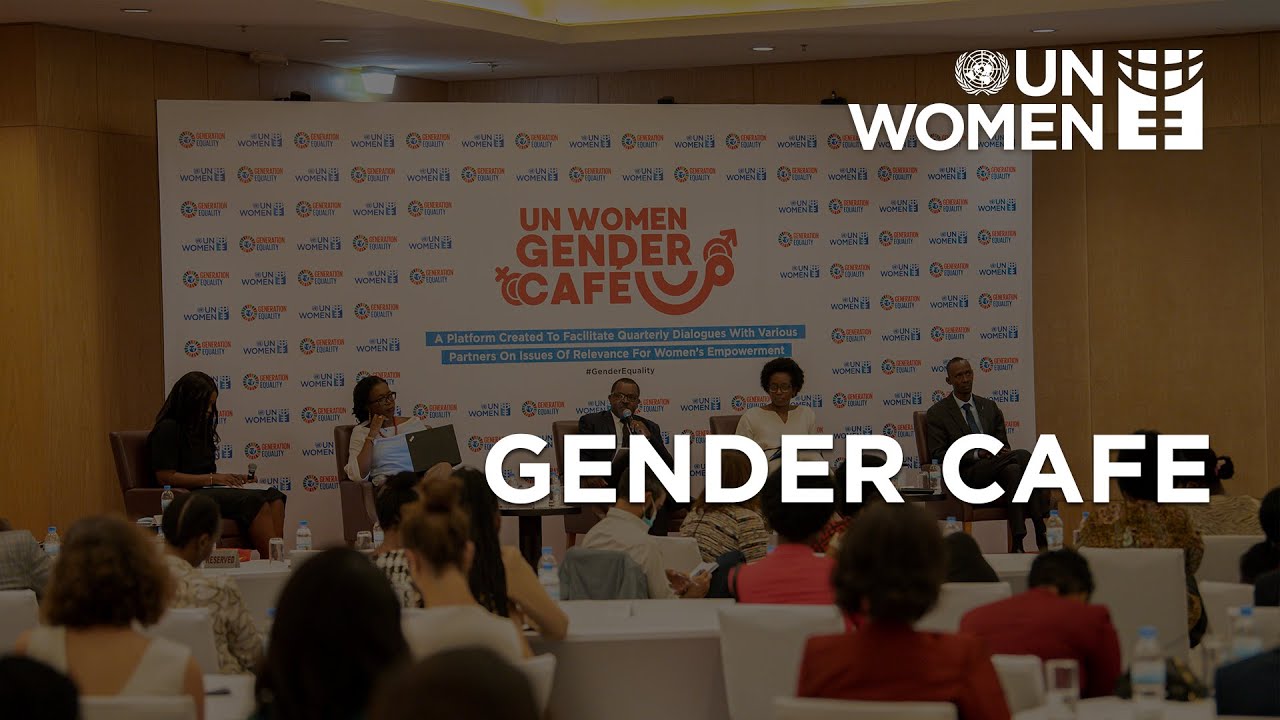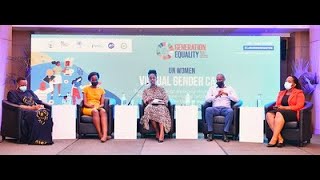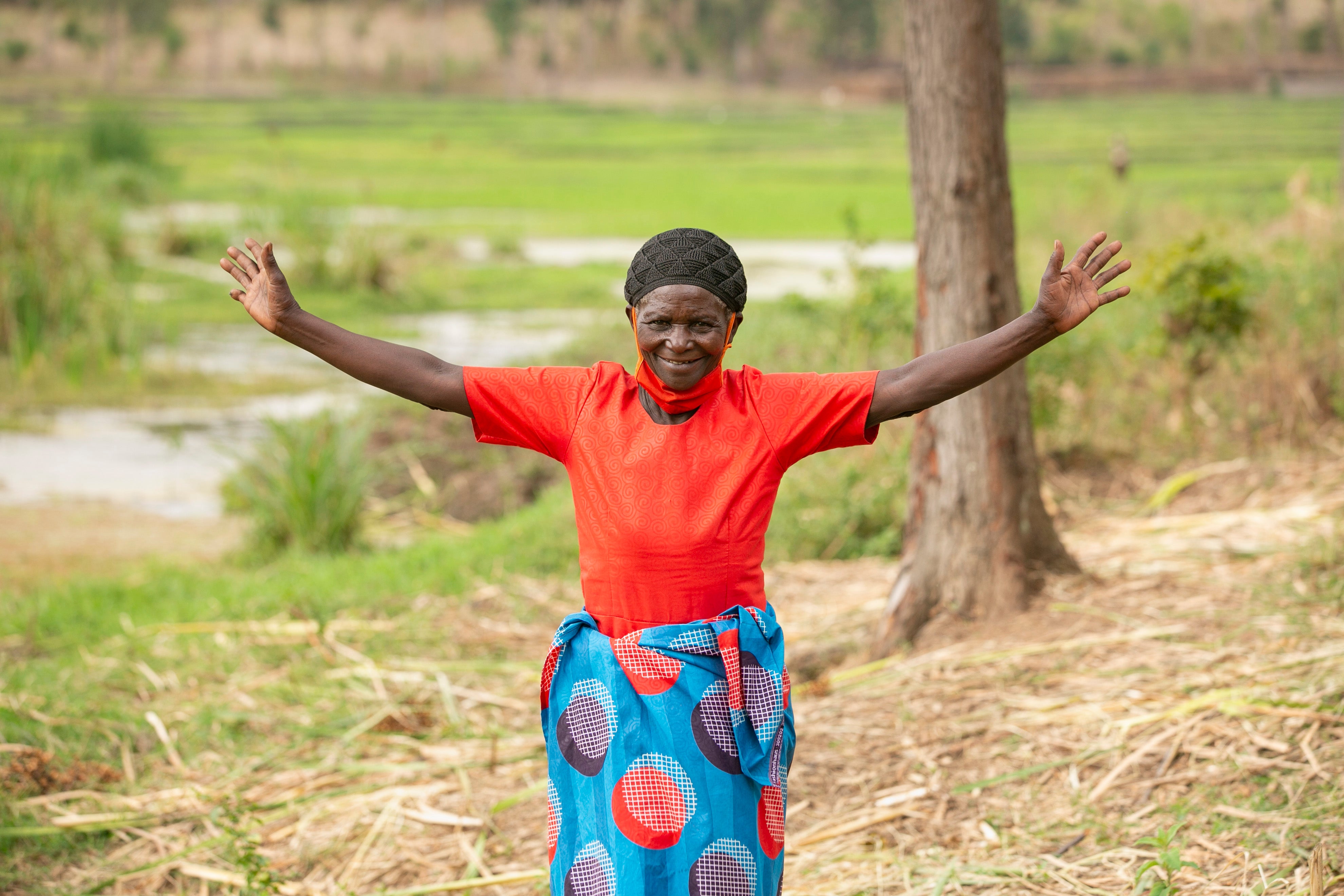
Rwanda

Rwanda stands out globally for its efforts in advancing gender equality and women’s empowerment (GEWE), particularly in political participation. Nearly two thirds of its parliamentary seats and 52 per cent of cabinet positions are held by women. Significant progress has also been made in many sectors. Rwanda was ranked among the top 10 countries in 2020 to have narrowed the gender gap (Global Gender Gap Report 2020). Rwanda’s achievements include the decline of maternal mortality rates arising from women’s improved access to quality and affordable health care. Globally, Rwanda is leading the HeForShe Campaign with over 200,000 signatories and three commitments bridging the gender digital divide by 2020, triple girls’ enrolment in TVET and eradicate Gender-Based Violence. More recently, the country took the lead on the Generation Equality Action Coalition Technology and Innovation for Gender Equality and committed to closing the digital gender divide by 2026: bold move in a context where the COVID- 19 pandemic accelerated digitalization of all services.
Rwanda’s impressive results are due to strong political commitment and institutional level accountability for Generation Equality. The government institutions that make up the National Gender Machinery: the Ministry of Gender and Family Promotion (MIGEPROF), the Gender Monitoring Office (GMO), the National Women's Council (NWC) and the Rwanda Women Parliamentary Forum (FFRP) constitute a uniquely strong and effective mechanism for mainstreaming and monitoring of GEWE.
About UN Women
UN Women is the United Nations entity dedicated to gender equality and the empowerment of women. A global champion for women and girls, UN Women was established to accelerate progress on meeting their needs worldwide.
UN Women activities in Rwanda are situated within the United Nations Development Assistance Plan (UNDAP) and the framework of One UN. UNDAP II 2018-2023, outlines the areas of all UN cooperation contributing to the national development agenda, under the leadership of the UN country team (UNCT). The UNDAP II is informed by and responds to national, regional and global normative frameworks, including the National Strategy for Transformation 2017-2024, the 2030 UN Agenda for Sustainable Development and the Sustainable Development Goals (SDGs), the African Union Agenda 2063, and the East African Community (EAC) Vision 2050.
UN Women supports UN Member States as they set global standards for achieving gender equality and works with governments and civil society to design laws, policies, programmes and services needed to ensure that the standards are effectively implemented and truly benefit women and girls worldwide. It works globally to make the vision of the Sustainable Development Goals a reality for women and girls and stands behind women’s equal participation in all aspects of life, focusing on four strategic priorities:
- Women lead, participate in and benefit equally from governance systems
- Women have income security, decent work and economic autonomy
- All women and girls live a life free from all forms of violence
- Women and girls contribute to and have greater influence in building sustainable peace and resilience, and benefit equally from the prevention of natural disasters and conflicts and humanitarian action
With this mandate, UN Women Rwanda has in partnership with government, private sector, civil society, and development partners, made significant contributions towards Rwanda’s progress on gender equality and women empowerment (GEWE). UN Women Rwanda’s support over the last 10 years has leveraged the triple mandate of the organization with normative, coordination and programmatic interventions of a strategic nature.
